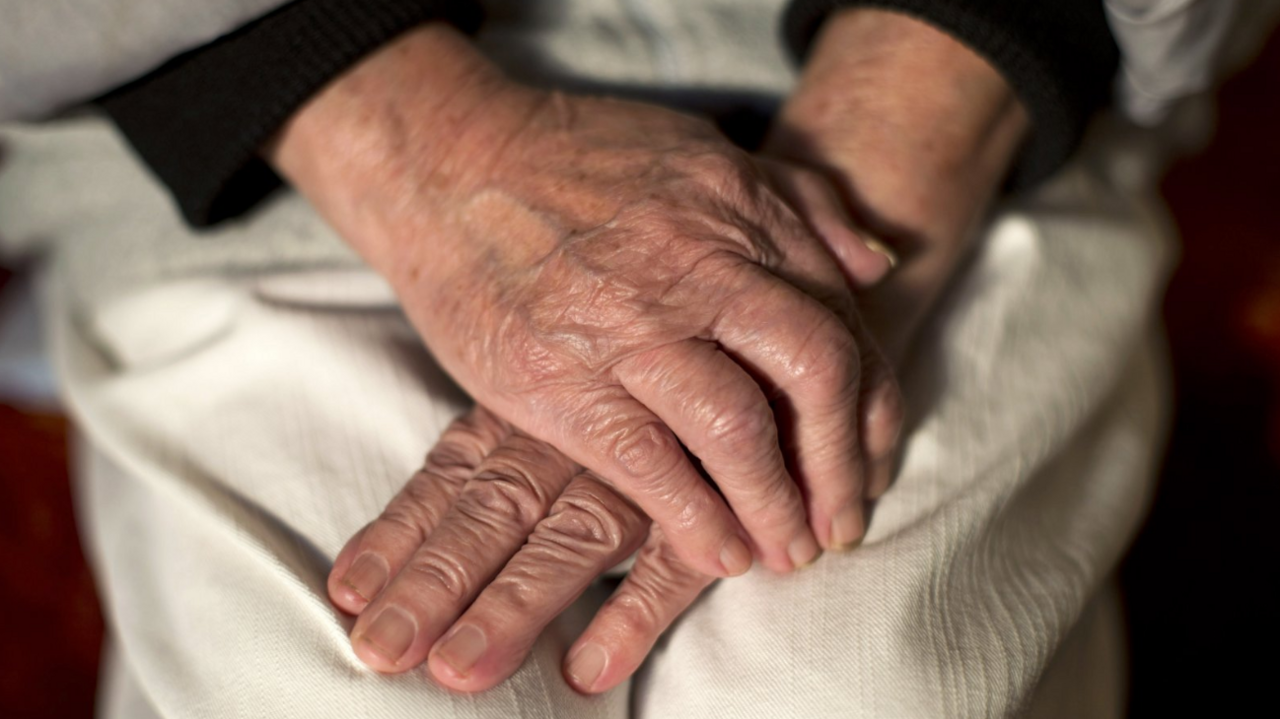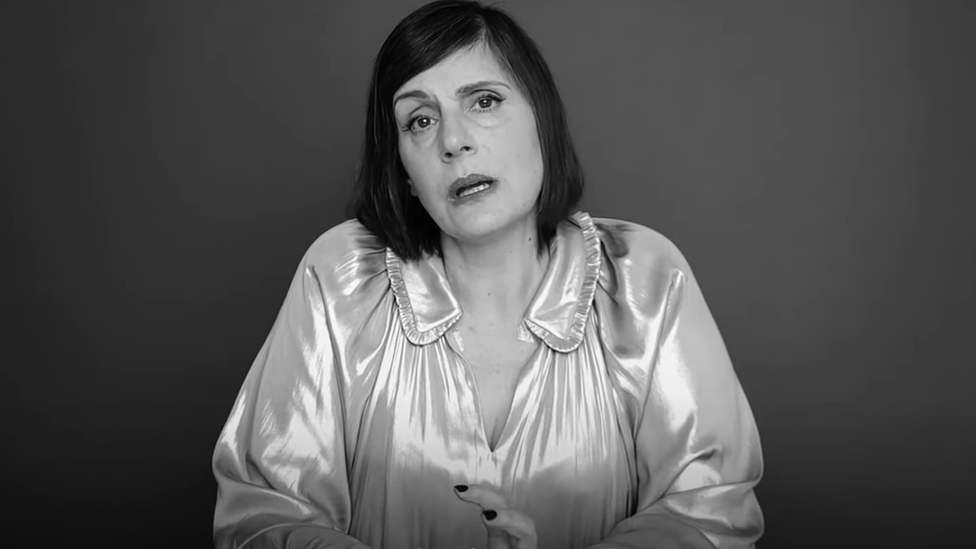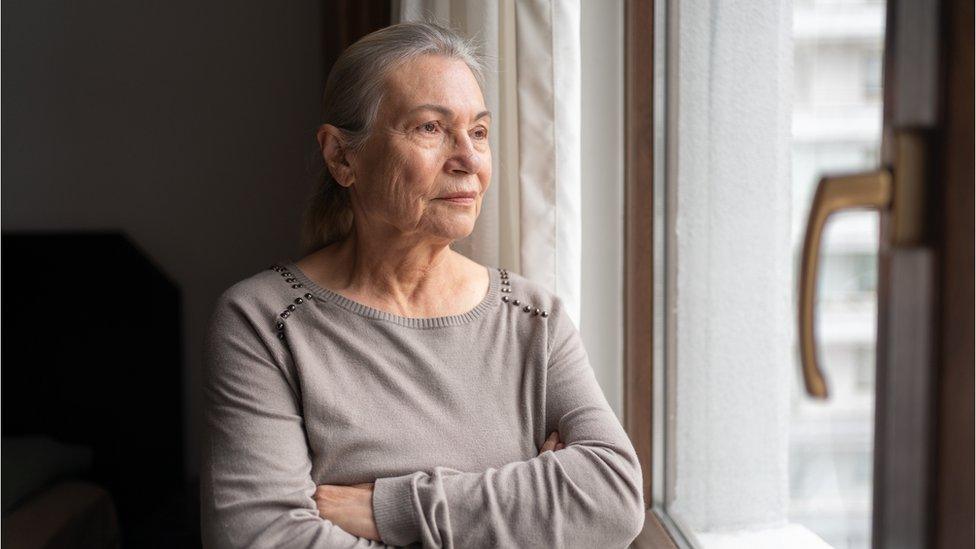Expert's concerns over Jersey assisted dying plans

There will be limits on who will be eligible for assisted dying
- Published
A UK medical ethics and law expert says he has reservations about the Government of Jersey's plans for an assisted dying law.
Professor Richard Huxtable was part of a committee that looked at how Jersey could bring assisted dying into practise.
The professor of medical ethics and law at Bristol University told BBC Jersey that a definition of "unbearable suffering" as part of allowing someone to make such a decision was "quite vague and multi-faceted" and could "expand quite considerably" in the future.
His comments came amid a scrutiny review into the detailed final proposals for assisted dying, which have been lodged for debate in the States Assembly in May.
The professor said he also had concerns about the mental capacity of adults to make a decision on assisted dying.
"It might need regular testing of whether people are able to make this very important decision," he said.
He added that there were "many aspects" of the proposals "that seem safe from the best evidence internationally".
Only adults who have lived on the island for 12 months and who are terminally ill or have an incurable condition with unbearable suffering would be eligible, the proposals state.
If assembly members approve the proposition on 21 May, work is then to start on preparing a draft assisted dying law.
If the proposals are voted through, it is expected the process for drafting a law could take about 18 months, with a debate then taking place by the end of 2025.
If a law was approved, it is expected a further 18-month implementation period would begin, meaning the earliest for a law to come into effect would be spring or summer 2027.
'Buffer zone' call
Dr Andrew Green, from the British Medical Association, said he welcomed doctors being allowed to opt out of being involved in assisted dying.
And he said a safe access zone free of opponents around any assisted dying clinic was "important".
"There are a wide variety of beliefs and they are sincerely and deeply held by people, and it's really important we respect the views of people on this," he said.
"However, we find sometimes with contentious areas, particularly with abortion legislation, where occasionally some people feel they can take their disagreements to the doors of clinics, and that's not fair on patients and it's not fair on staff.
"So, having a buffer zone around facilities we think is important."
Deputy Louise Doublet, chairwoman of the review panel, said its role was to scrutinise and evaluate the final proposals before they were debated in May.
She said: "We are going to focus on the safeguarding provisions, as well as any other areas of concern that arise over the course of the review.
"Assisted dying is a complex and nuanced issue.
"The review panel takes its role incredibly seriously and will bring a rigorous approach and a high level of commitment to this work."
Follow BBC Jersey on X (formerly Twitter), external and Facebook, external. Send your story ideas to channel.islands@bbc.co.uk, external.
Related topics
Related stories
- Published22 March 2024

- Published23 February 2024

- Published7 November 2023

- Published21 March 2024

